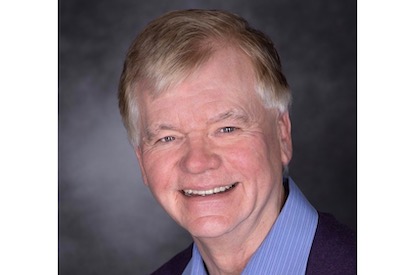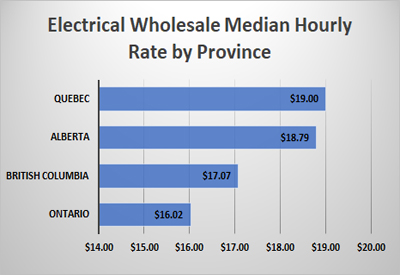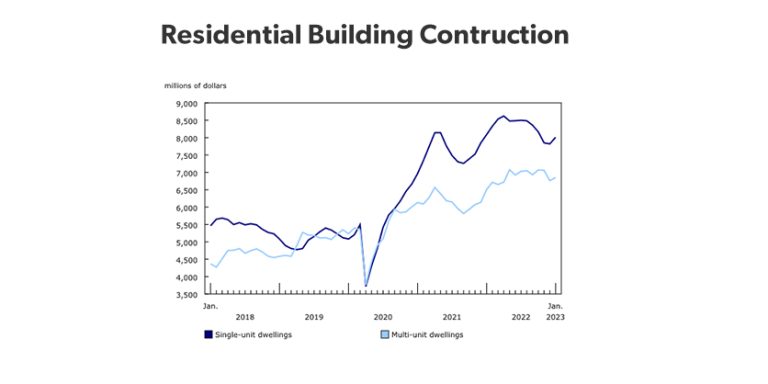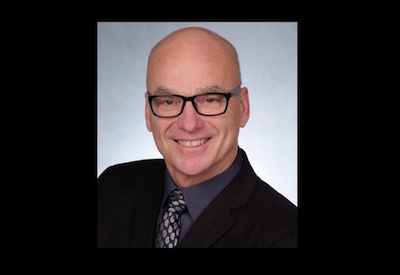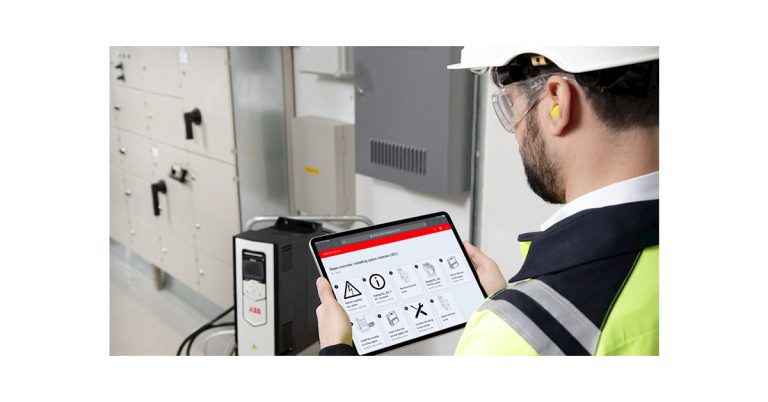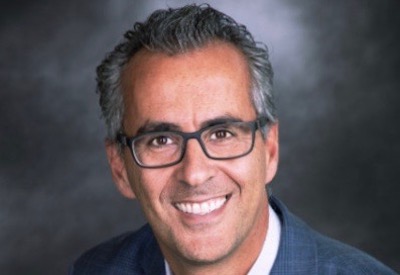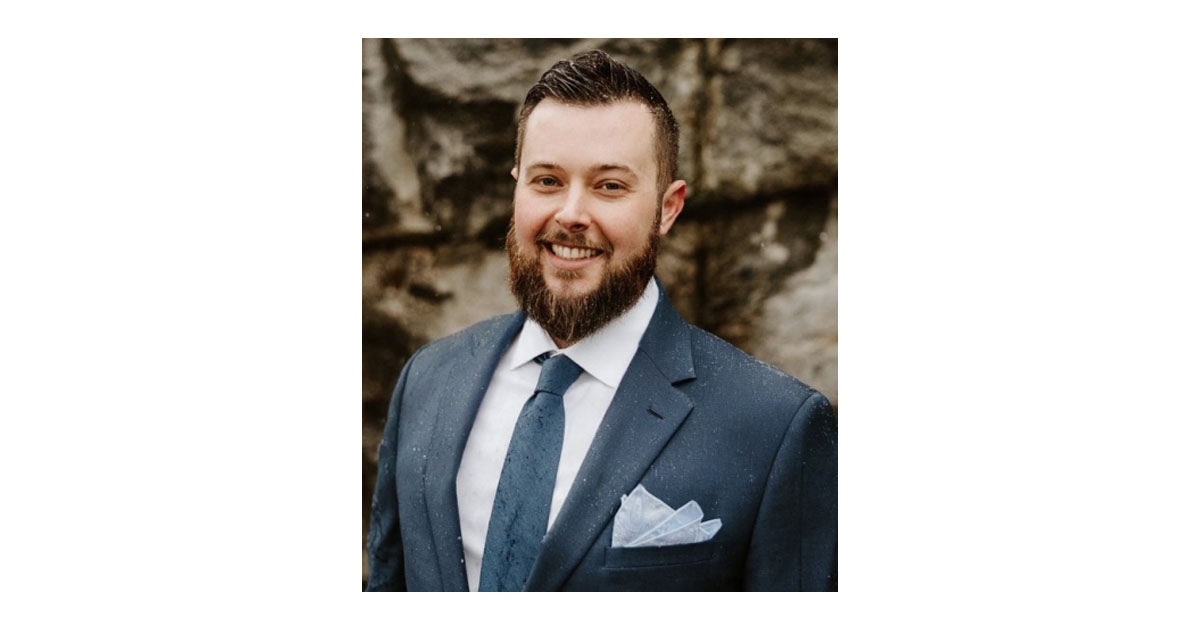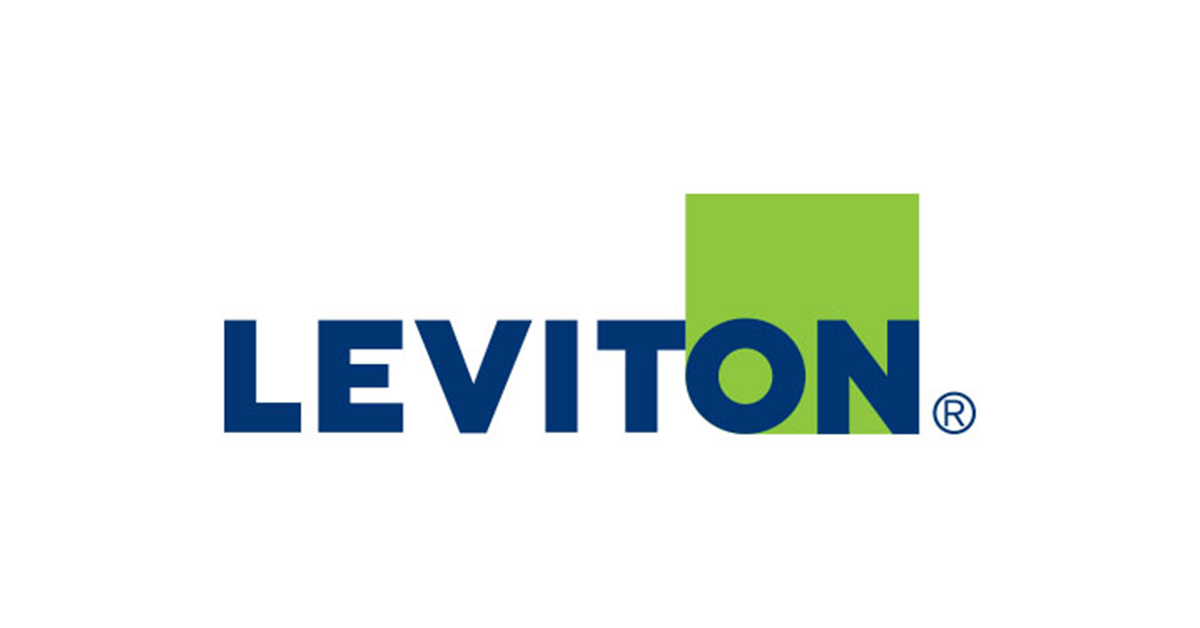Bernard Pitre, President and CEO-General, Convectair-NMT: the Hidden Side of the Disciplined Accountant
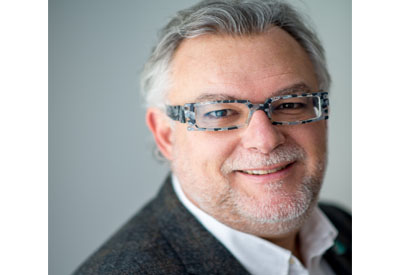
December 4, 2017
By: Line Goyette
Bernard Pitre is astonishing. Creativity and innovation are not words that we automatically associate with accountancy training, but this would be a mistake in the case of Bernard Pitre. We could say that his entire professional career, on the manufacturing side and on the distribution side, has as the common denominator building components: heating, air conditioning, distribution of electrical products… but this simplification ignores the challenges he took on along the way. He seems to always want to overcome obstacles, which he now calls challenges, to move from one stage to another in his career.
After graduating from university, Bernard sustained a work injury — a formative event we’ll return to later. He had graduated with a degree in accounting from the University of Quebec in Montreal by pursuing night courses. With a diploma in his pocket, he began his career in a political and economic context in which Quebec was offering incentives to create new, innovative companies. This is how Convectair, of which he is now President and Chief Executive Officer, came to see the light of day.
He established the company’s first accounting plan. The business was equal parts Franco-Quebecois, and Pitre served as a controller until 1996, when he also assumed responsibility for sales. Not seeing any more challenges, he left the company in 2000 and went over to the distribution side, at Westburne, where he remained until he returned to Convectair as both General Manager and Sales Manager.
Fuelled once again by his passion for challenges, Bernard left the company a second time in 2009, and worked for a distributor in mechanical insulation. Challenges he found, and even more formative than expected by this knowledgeable and experienced manager.
“I found myself having to rebuild my network of connections and advance among companies that I knew much less about than those in the electrical sector. I gained a lot of confidence in myself, and realized that if we succeed in creating momentum we also create a network. This is the lesson that I took from this experience, and it was very useful to me when, three years later, my thoughts turned to Convectair.”
Bernard enjoys his summer vacations, and that year he travelled to Paris, ready to listen to what they had to offer him. At the table: the company president and eight other senior executives. He was asked why he had left the company twice before. “I spontaneously replied that it was so I could learn how to be a better president for Convectair.”
Good answer: he now runs the Canadian operations. A challenge at the height of his philosophy of life. “My daughters (he has three), were growing up and I became a staunch advocate of energy efficiency. I wanted to do my part to save the planet and to ensure a better environmental future for my grandchildren. I can do this at Convectair.”
Launched a few weeks ago, the connectivity ecosystem called Connectair has everything to keep him engaged and involved. To manage this new system, Bernard Pitre didn’t hesitate to return to school, and he joined the Mosaic program, a multidisciplinary platform for research and training in creativity and innovation management at HEC Montréal. Last summer he participated in the summer school on managing creativity, in the company of other professionals and decision-makers, management consultants, professors, researchers and students in various disciplines. This intensive 20-day program offers an opportunity to compare creative practices from backgrounds as diverse as the scientific, industrial or artistic worlds.
“Since I’ve been involved in this program, I don’t think in the same way. My collaborators have become a source of inspiration and I apply myself to creating communities of creativity, communities of practice, that is to say a middle ground for Convectair. This new vision allowed me to launch this challenge of Connectair. We need to learn how to innovate within our part of the market, and in how we address this market. I wanted to make the Internet of Things tangible, with an open and constantly evolving platform. New technologies make it possible to improve people’s lives, and all dreams are allowed.”
We finish the interview with quick questions and spontaneous answers.
What do you think are the most difficult decisions to make as a corporate leader?
The most difficult thing is to put the employees in the right place where they will be happy. My biggest regret as an accountant is that we cannot put value on human capital when it is certainly one of the greatest assets of a company.
If you could change something in our industry, what would it be?
If I had a wish to make for our industry, it would be to not be afraid to innovate and become an agent of change, especially in the context of climate change. We have to be creative. In 10 years, 75% of the work force will be made up of Millennials. That is why we have to engage with them now. They are the key to innovation.
What place does social responsibility occupy in your personal and professional life?
Bernard had two mandates on the Board of Directors of Electro-Federation Canada, and also served with the EFC – Quebec Section. As well, he is active at the community level, and sits on the foundation of the Hôpital du Sacré-Cœur de Montréal (one of Quebec’s largest hospitals), where he had been bedridden for three months following his work-related injury in 1980. “My future then seemed limited to being a security guard, and sports would be banished forever.” But with the hospital’s help I was able to meet this enormous challenge, and today I practice martial arts, tennis, golf, cross-country skiing, and salmon fishing.”
A source of inspiration in your life?
I have several. I had two mentors, an uncle who studied at Harvard and who gravitated towards the highest economic fields, and Gilles Charest, President of Médiabec/Publicis, who has been following my career for 30 years. But my great inspiration comes mostly from two exceptional men, the Dalai Lama, whom I went to meet, and Martin Luther King, for his speech “I have a dream.” It moves me every time I come back to it, and remains timely today.

